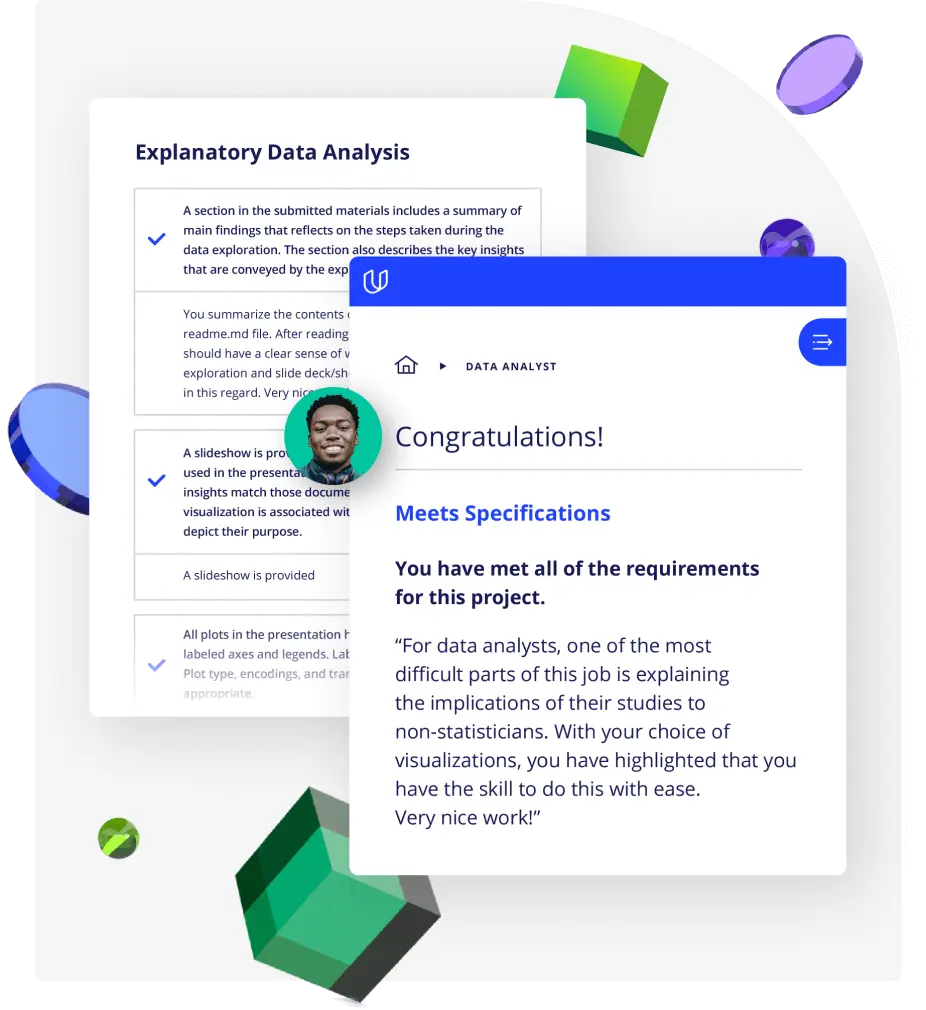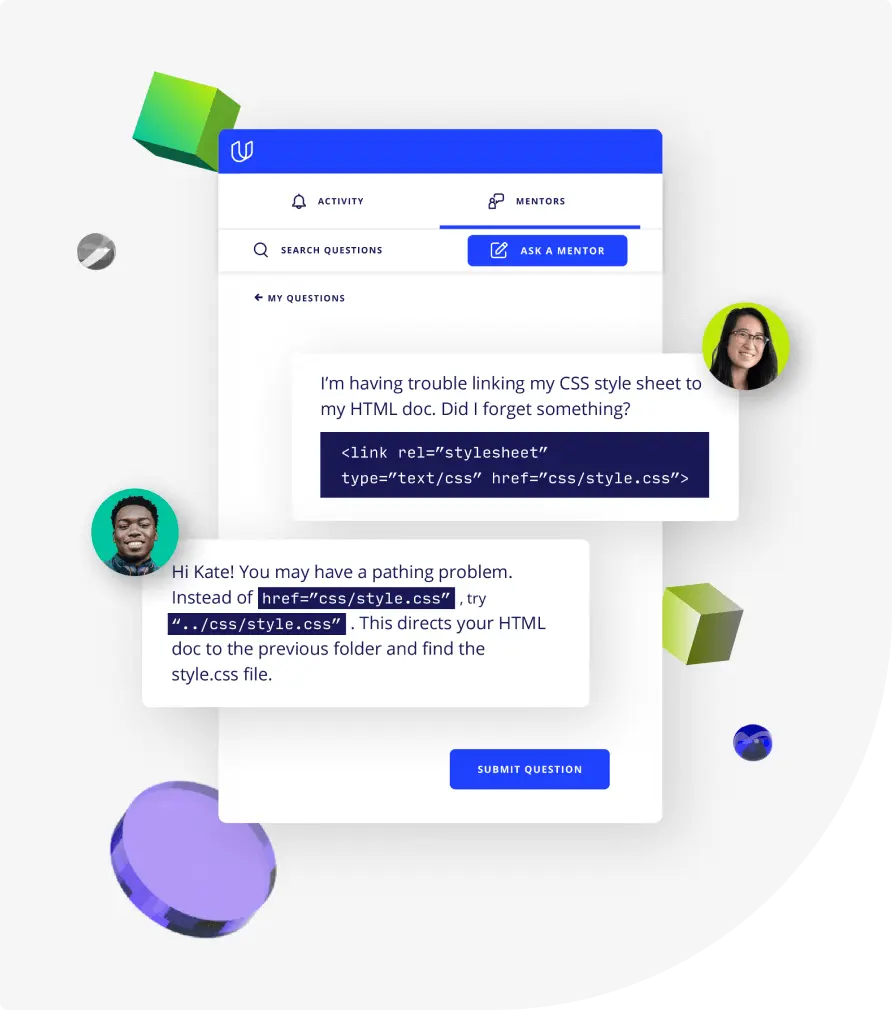Lesson 1
Intro to DBMS: Relational and Non-Relational Databases
Get introduced to database management systems, as well as learning the difference between relational and non-relational databases.

Course
Databases need to be structured properly to enable efficient and effective querying and analysis of data. Build normalized, consistent, and performant relational data models. Use SQL Database Definition Language (DDL) to create the data schemas designed in Postgres and apply SQL Database Manipulation Language (DML) to migrate data from a denormalized schema to a normalized one. Understand the tradeoffs between relational databases and their non-relational counterparts, and justify which one is best for different scenarios. With a radical shift of paradigms, learn about MongoDB and Redis to get an understanding of the differences in behaviors and requirements for non-relational databases.
Databases need to be structured properly to enable efficient and effective querying and analysis of data. Build normalized, consistent, and performant relational data models. Use SQL Database Definition Language (DDL) to create the data schemas designed in Postgres and apply SQL Database Manipulation Language (DML) to migrate data from a denormalized schema to a normalized one. Understand the tradeoffs between relational databases and their non-relational counterparts, and justify which one is best for different scenarios. With a radical shift of paradigms, learn about MongoDB and Redis to get an understanding of the differences in behaviors and requirements for non-relational databases.
Beginner
4 weeks
Real-world Projects
Completion Certificate
Last Updated March 13, 2024
Skills you'll learn:
Prerequisites:
Lesson 1
Get introduced to database management systems, as well as learning the difference between relational and non-relational databases.
Lesson 2
Find out about the different forms of normalized data for optimizing database storage.
Lesson 3
Learn about the data definition language, such as creating tables and different data types.
Lesson 4
Dive into the data manipulation language in order to alter existing tables and data.
Lesson 5
Find out how to keep consistency amongst your data by adding constraints.
Lesson 6
Maximize your database performance by using indexes when and where appropriate.
Lesson 7
With your relational database skills in hand, you’re ready for a look into the other side of data, with non-relational databases.
Lesson 8 • Project
Investigate a poorly designed database for Udiddit, a social news aggregator. You’ll design a new, normalized and performant database and migrate over data from the previous database.

Software Developer and Co-Founder DecodeMTL
Ziad is a seasoned software developer who loves mentoring and teaching. Currently working as an independent contractor, he previously co-founded and taught full-stack web development at DecodeMTL, Montreal's first web development bootcamp.
Combine technology training for employees with industry experts, mentors, and projects, for critical thinking that pushes innovation. Our proven upskilling system goes after success—relentlessly.

Demonstrate proficiency with practical projects
Projects are based on real-world scenarios and challenges, allowing you to apply the skills you learn to practical situations, while giving you real hands-on experience.
Gain proven experience
Retain knowledge longer
Apply new skills immediately

Top-tier services to ensure learner success
Reviewers provide timely and constructive feedback on your project submissions, highlighting areas of improvement and offering practical tips to enhance your work.
Get help from subject matter experts
Learn industry best practices
Gain valuable insights and improve your skills

Full Catalog Access
One subscription opens up this course and our entire catalog of projects and skills.
Average time to complete a Nanodegree program
4 weeks
, Intermediate
4 weeks
, Beginner
(265)
2 months
, Beginner
4 weeks
, Intermediate
4 weeks
, Advanced
4 weeks
, Advanced
4 weeks
, Intermediate
3 weeks
, Beginner
9 hours
, Fluency
4 weeks
, Advanced
4 weeks
, Intermediate
4 weeks
, Beginner
4 weeks
, Intermediate
4 weeks
, Advanced
9 hours
, Fluency

Management of Relational and Non-relational Databases
4 weeks
, Intermediate
4 weeks
, Beginner
(265)
2 months
, Beginner
4 weeks
, Intermediate
4 weeks
, Advanced
4 weeks
, Advanced
4 weeks
, Intermediate
3 weeks
, Beginner
9 hours
, Fluency
4 weeks
, Advanced
4 weeks
, Intermediate
4 weeks
, Beginner
4 weeks
, Intermediate
4 weeks
, Advanced
9 hours
, Fluency